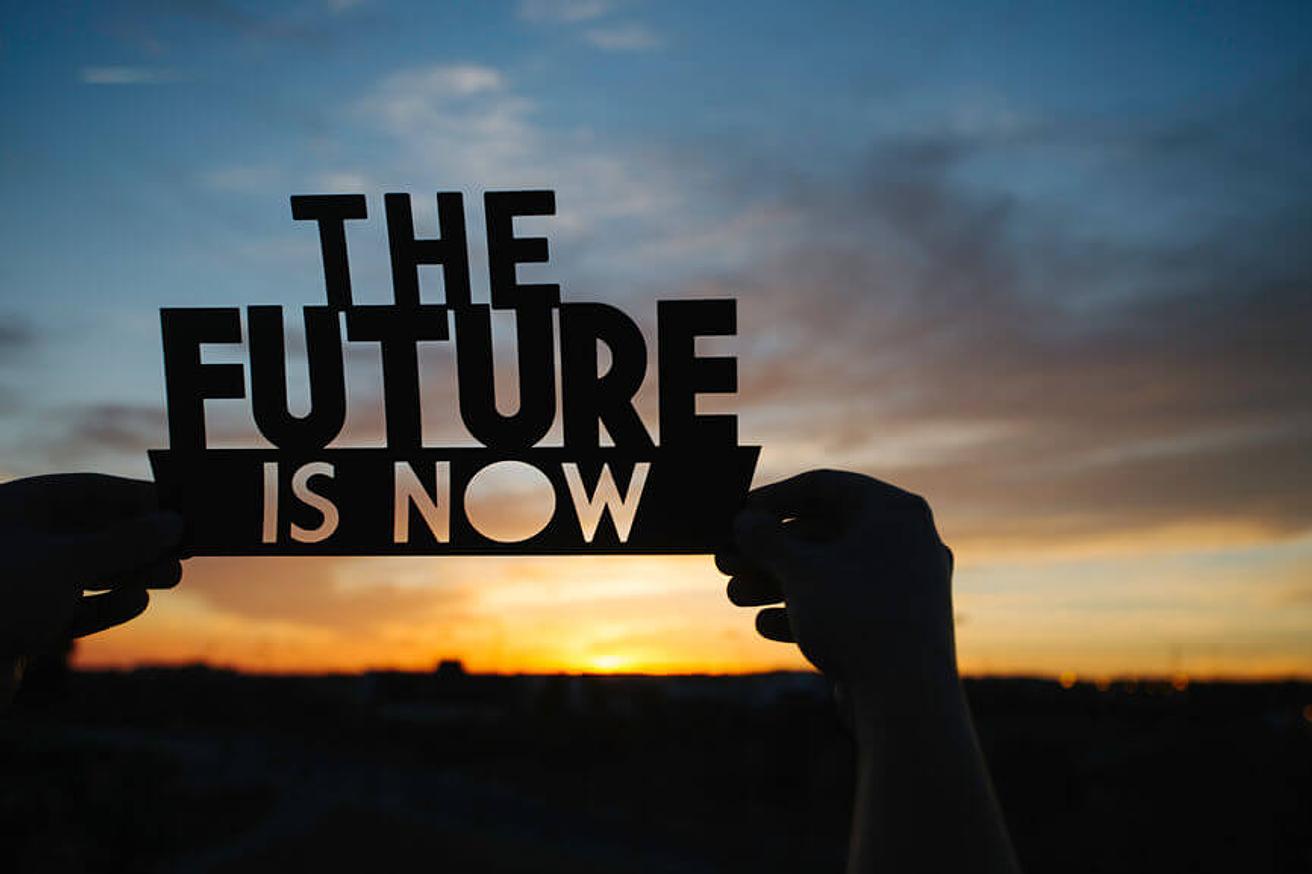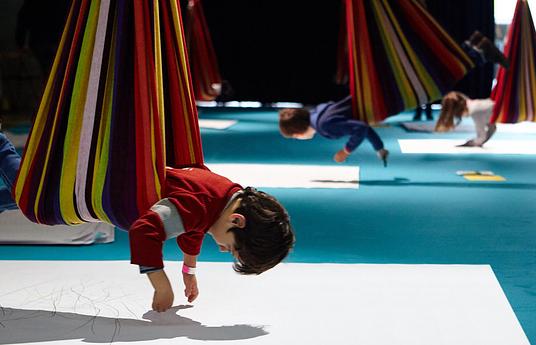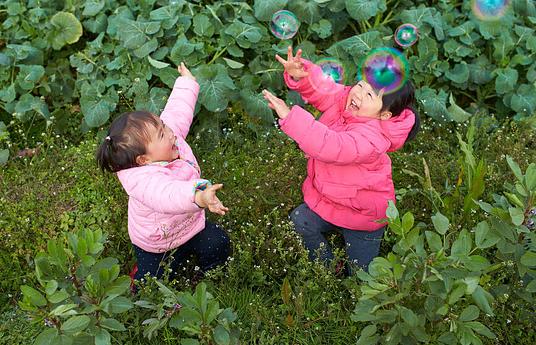There is a wealth of conversation around the world today on the future of the workplace and the skills required for children to thrive in that future. Most everyone can agree that the schools of today are not preparing children for that workforce, but it’s much more difficult to predict what it will actually look like.
I would argue that in some ways that makes the question of what children need much simpler. If we were to look back to right before the internet became widely used, the hard skills we thought children needed would have been wildly inaccurate. And there is an argument to be made that the workplace is changing at a much more rapid pace than it did in the first 10 years of the internet, so why attempt to define the skills of such an unknown future?
Instead perhaps we should be focusing on outlining a few key principles that will help people thrive in life no matter what happens. After all without certain core abilities, even generational knowledge or job-specific skills will not be worth much in the long run.
“Educating the mind without educating the heart is no education at all.” - Aristotle
I would argue that physical and mental health, the ability to work with other people, knowing how to learn, recovering from failure, and defining success will be the foundation for children to thrive. What most students experience today are regularly quantified negative reinforcement (aka grades), heavily guided learning, and the notion that learning is concentrated on the years of formal education.
“Tomorrow's illiterate will not be the man who can't read; he will be the man who has not learned how to learn” - Herbert Gerjuoy
But for the majority of the workers of today, the opposite is actually true. Desired outcomes may be clear, but the path is ambiguous, feedback is sparse, and nearly all learning is self-guided. In addition, the problems are constantly changing to meet the pace of the changing market and competitive dynamics. Technology is introduced to workers to make them more productive, but developing the right processes and daily habits to thrive are differentiators of performance for individuals and companies. More still, increasing globalization heightens complexities in business dynamics and cultural differences. All that is meant not to scare or overwhelm, but to emphasize the very real complexities that modern professionals face.
The happy and productive worker of the future will work in teams to solve new and dynamic challenges while learning from diversity of thought. They will perform professionally without sacrificing their health and go home with energy to tend to the most important relationships in their lives. There will be no concept of failure but instead reflection and growth. Co-workers will cultivate respectful and authentic relationships. Feedback will be welcome but not required because they have defined their own success and are improving to achieve it. Ideally, they will even know how to manage their use of technology instead of letting it control them and their personal lives. This type of person will have the foundation to not only healthily and happily meet their goals today but throughout the personal and professional changes in their life.
But how do we teach our children to acquire these abilities while most of us are barely coping with the complexities that have been injected haphazardly into our professional and personal lives over the last 20 years?

Up to this point, the majority of teaching social and emotional skills are left to parents. Parents that are struggling to keep up with their own lives and develop healthy relationships with their jobs, families, and smartphones. And that’s just the ones that are financially stable. For parents in strained socio-economic conditions, they may not even have the time to help their children with daily homework let alone develop their future workplace skills. Clearly, a more structural change is necessary.
Systemic changes to standardize teaching these skills can help level the playing field within schools and the world. There are some simpler ideas like formalizing and implementing social and emotional learning, project-based learning, and creativity courses. Then there are more complicated questions around assessment, measurement, and integrating with higher education systems around the world.
HundrED has some great examples of innovators doing a great job with the former, and fortunately, there is increasing appetite for the latter from employers on down. For example, Google proving GPA has no correlation to long term performance for their employees and 40% of US universities have dropped standardized testing requirements.
One of the things we’ve seen from all our data crunching is that GPAs are worthless as criteria for hiring, and test scores are worthless — no correlation at all except for brand-new college grads, where there’s a slight correlation. - Laszlo Bock
Here are a few of my favorite innovations addressing some of these issues that I hope to see grow and spread rapidly around the world:
Think Equal - THINK EQUAL works towards a world in which all children have the optimal opportunity to develop to their full potential, have their views respected, respect one another, live free of discrimination and violence, and become active participants of a free and equal world. A movement as well as a concrete programme, it equips teachers with resources that build the foundation for positive life outcomes.
Inspire X - “Our culturally specific course curriculum & educator support platform takes a holistic ecosystem-wide lens, putting students at the centre. Students learn vital technical skills through the experiential process of starting an entrepreneurial venture that solves real social, economic and environmental problems. This leads to increased essential skills, community stakeholder collaboration, and innovation”
MyMachine - MyMachine is a unique collaboration of 3 educational levels co-creating their own 'dream machines': 1. Primary school children invent a 'machine' (an IDEA) 2. which is developed further by university college students (a DESIGN) 3. to be finally built by pupils from technical secondary school (a WORKING PROTOTYPE).
And then there is the very important question of global equality. How can students be prepared to thrive in a technology-enabled workforce if they haven’t used a device or the internet?
With still only 60% of the world having access to the internet, it is rapidly becoming a perpetuator of global inequality. While the required global infrastructure changes are slowly being developed (one of my favorites is Starlink), there are innovators that are giving offline children access to internet content today:
Kiwix - Kiwix brings internet content to people without internet access. Wikipedia, MOOCs, books from the Gutenberg Library or even TED talks: these and a thousand more can be made available offline and accessed on smartphones, computers, and hotspots, even where there is no connectivity.
Cell-ed - Cell-Ed is a scientifically proven micro-learning platform using mobile phones to teach essential skills for workforce readiness such as literacy, math, languages, job skills, and soft skills.
Kolibri - Kolibri is lightweight and available offline to overcome the challenges faced in low-bandwidth contexts, supporting differentiated instruction and personalized learning. With content available in a variety of languages, the Kolibri ecosystem includes the offline application, the online curriculum tool Kolibri Studio, and a customizable Kolibri Toolkit.
While there is no shortage of challenges facing us, I am optimistic. Never has there been more wealth in the world and such rapid and efficient means of creating and distributing solutions. I believe with the right focus and an open mind, these significant challenges are surmountable. If we work together around common goals, we can create a world where every child on every continent is prepared for the unforeseeable challenges and opportunities of their future.
Explore more inspiring innovations from our 2020 Global Collection.





